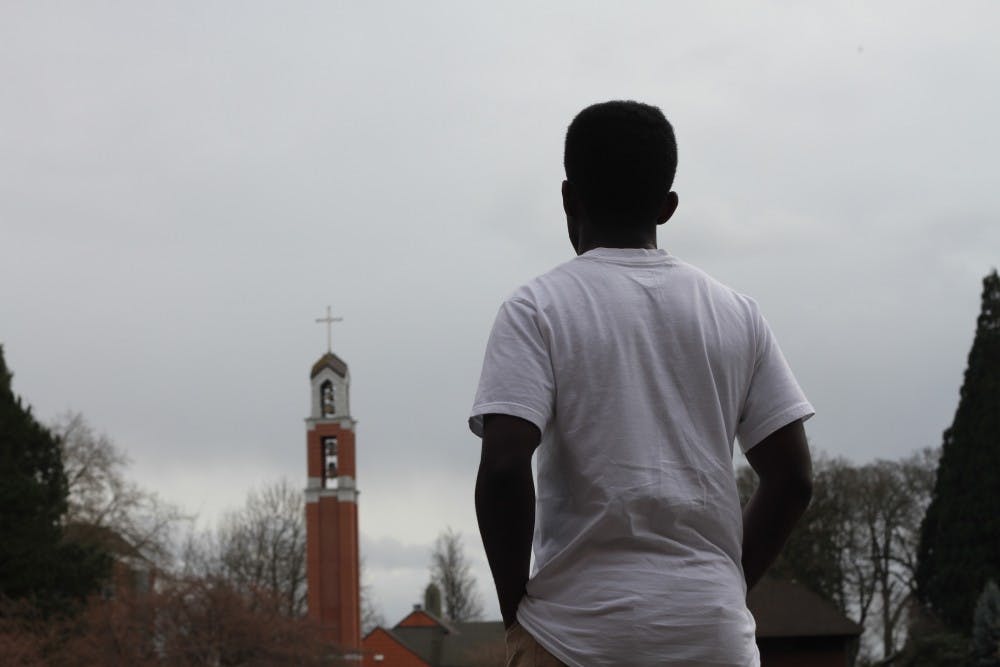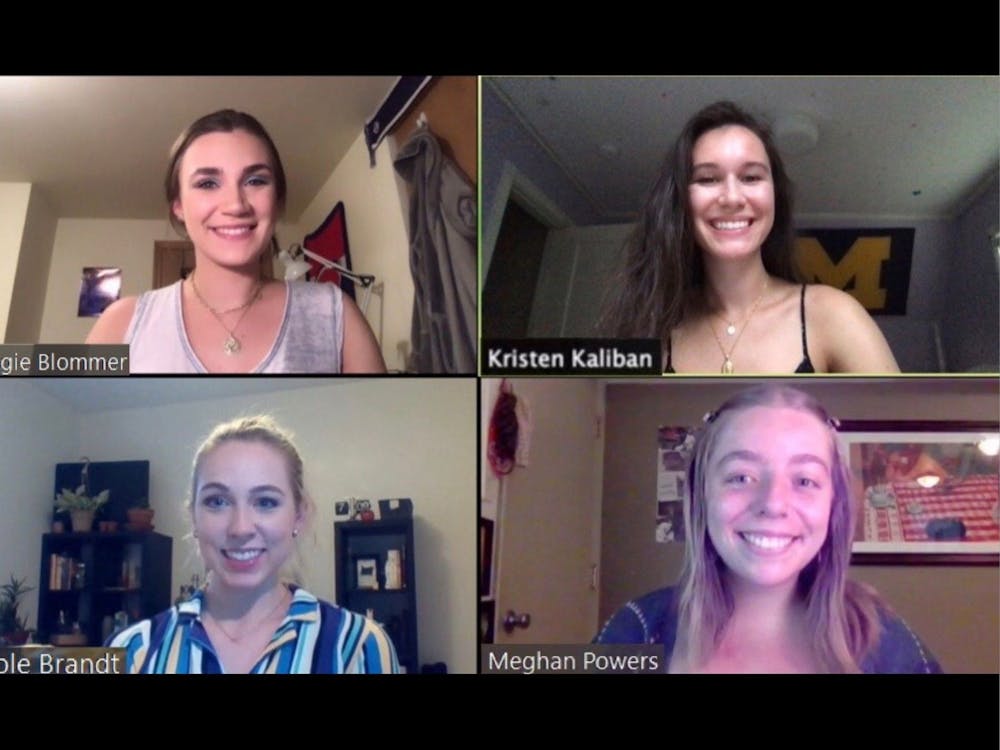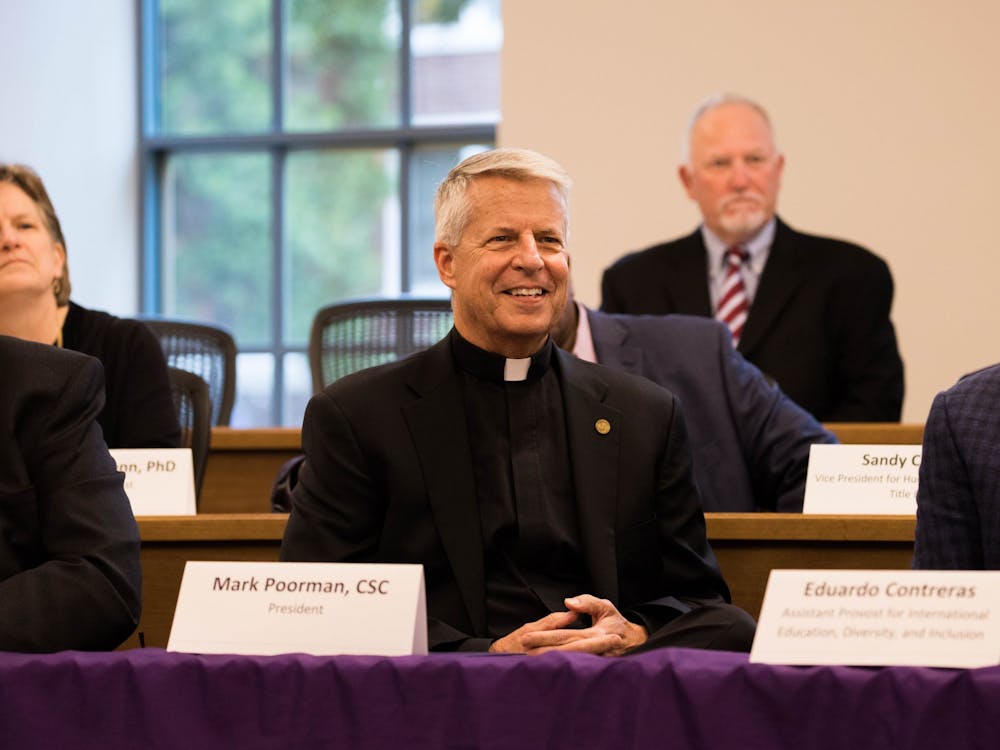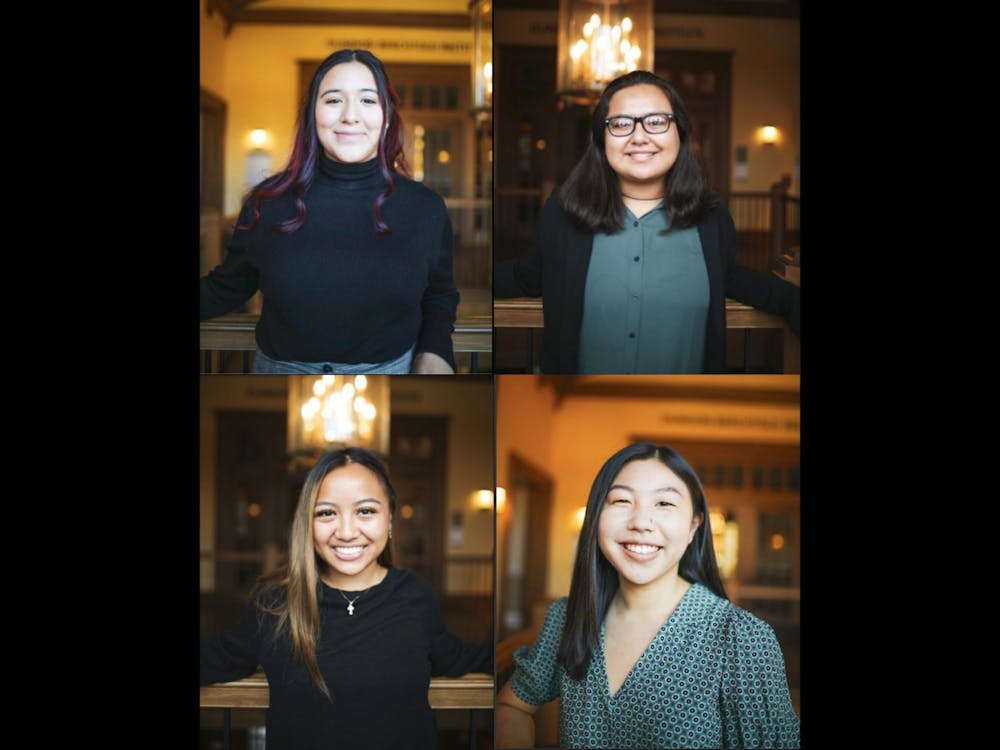The University of Portland is making large strides toward being a more diverse and inclusive campus. Starting in 2020, UP will celebrate Martin Luther King Jr. Day by cancelling classes for students to partake in a day of service. Setting aside time to reflect on Dr. King’s work of respecting all people and embracing diversity is in line with the University’s 2020 plan, in which diversity is a cornerstone.
Even before 2020 rolls around, we can expect to see more awareness for various perspectives. President Fr. Mark Poorman recently announced a new position, director of the Office of Diversity and Inclusion, which will work with the “Provost Office and Human Resources to design training initiatives on cultural competency, gender differences and disability.”
Undisputedly, the director of the Office of Diversity and Inclusion is an important job. Yet, it can’t be the responsibility of a single person to change the way UP as a community considers diversity. Yes, the new director will foster and create change, but we can help them by making suggestions of our own to engage with diversity at UP following the University’s 2020 plan.
Beyond the administration, Diversity Dialogues, once called Diversity Dialogues Week, has removed “week” from its title in honor of the fact that discussions about diversity should and do take place throughout the year. This change was spearheaded by Yuridia Hernández Osorio who serves as coordinator for diversity and inclusion programs. The reality is, diversity exists on The Bluff all year long, not just the times we reserve to stop and talk about it.
We suggest, as UP reassesses its core curriculum, to consider a global perspective and diversity beyond race and ethnicity. We need to learn and understand the world as a whole by learning about various religions and thinkers and academics from many different walks of life.
Often, we talk about how race, colonialism, gender and dominant American culture interact with subcultures in our classes. Yet in many of our core classes, we learn about works and achievements of authors and academics who do not explicitly think or question the power dynamics embedded in our world. We need our curriculum to affirm and further the discussions already occurring about power and diversity on The Bluff.
We’re slowly but surely becoming a more aware, conscientious campus. Let’s keep our course material on par with the progress being made on campus.
For starters, although UP is a Catholic university, students should learn about religions other than Christianity in theology classes. Religions like Buddhism, Confucianism, Hinduism, Islam and Judaism should be taught in the classroom, as it once was in World Religions before the University changed theology classes to focus on Christianity in 2012. We should consider atheism’s merits as well.
Even if students don’t identify with a religion, they deserve to have a basic knowledge of other traditions and beliefs beyond their own. Our theology professors should be able and allowed to teach religions besides Christianity. Widening the scope of the Theology Department is one specific change we’d like to see.
In our various disciplines, we should learn more about countries besides the U.S. — how people from other parts of the globe think, what their values are. As adults or students studying abroad, it’s embarrassing and awkward to travel to other parts of the world and have no concrete knowledge of the history and culture embedded in the land.
By offering a global education, UP can better prepare us for the real world. We may grumble at the readings and homework along the way, but in the end we’ll be thankful.
The Beacon understands some thinkers, like Plato and Aristotle, will always be part of the canon. Historically, ideas of people we identify as white, cis, heterosexual, Christian or male have dominated the discourse in every field, but it's important to recognize people who identify outside of the aforementioned identities contribute as well. We must make space in our curriculum for historically overlooked perspectives.
UP has emphasized diversifying its professors and its students, but if every book assigned in a political science class is written by a white guy, can we really call ourselves “diverse”? Let's work to make our syllabi and our curriculum reflect everyone, not just the paradigm.
Agree? Disagree? Write in!









